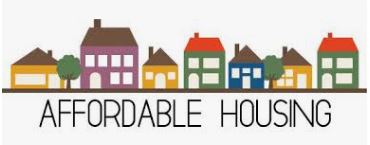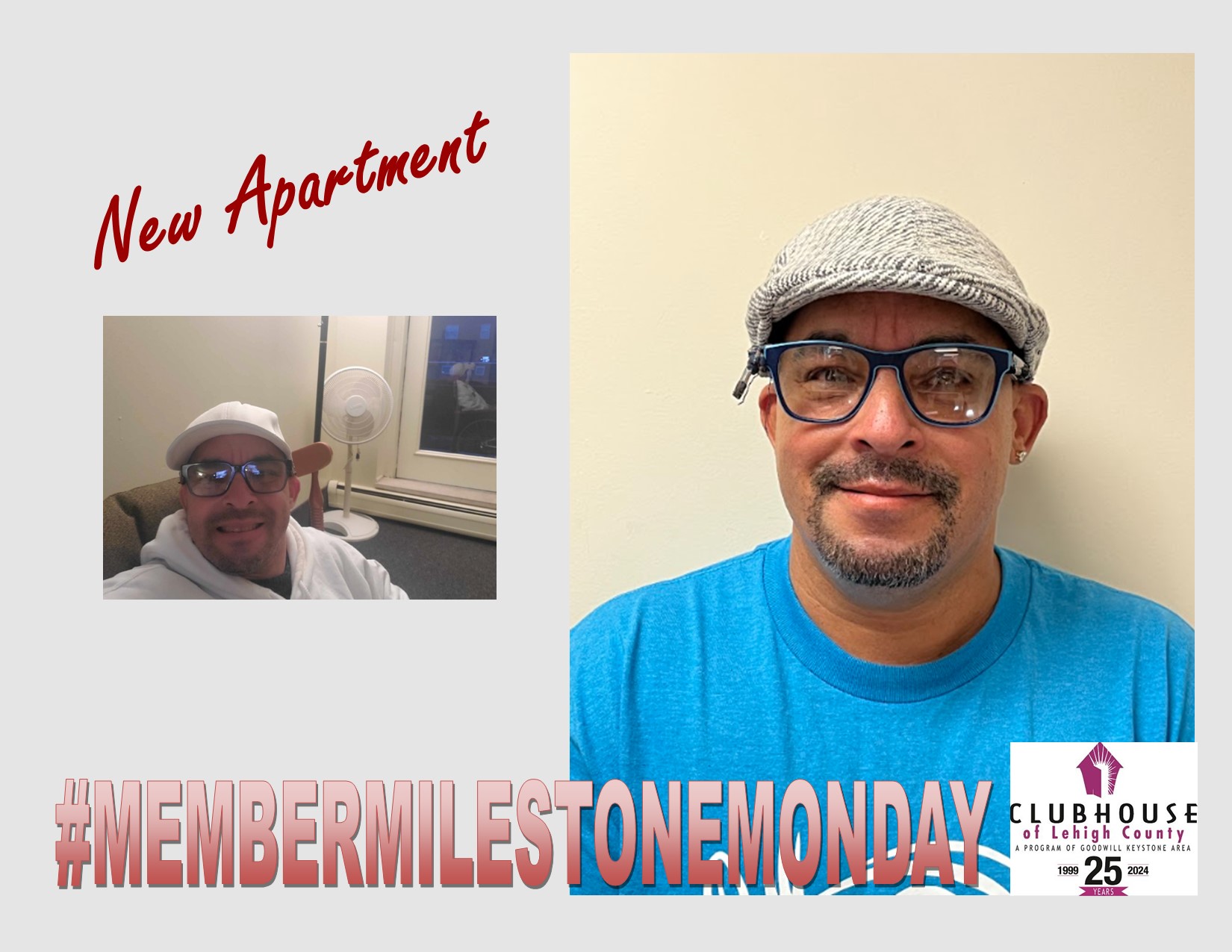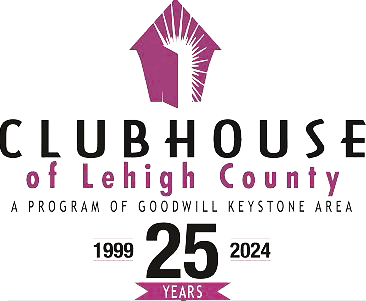For someone with a mental health condition, the basic necessity of a stable home can be hard to come by. The lack of safe and affordable housing is one of the most powerful barriers to recovery. When this basic need isn’t met, people cycle in and out of homelessness, jails, shelters and hospitals. Having a safe, appropriate place to live can provide stability to allow you to achieve your goals. The Clubhouse assists members with obtaining safe and affordable housing opportunities in the community. Some of these options include Residential Rehabilitation Programs, roommate referral information, and independent living opportunities associated with local housing authorities. The Clubhouse can provide assistance with researching local housing options and completion of rental applications.
You may run into housing issues after being discharged from an inpatient care unit or jail and find that you have no home to return to. Even if you haven’t been hospitalized, finding an affordable home can be difficult. Many people with a serious mental illness live on Supplemental Security Income (SSI), which averages just 18% of the median income and can make finding an affordable home near impossible.
Finding stable, safe and affordable housing can help you on your journey to recovery and prevent hospitalizations, homelessness and involvement in the criminal justice system.

What Should You Look For In Housing?
A good housing match is one that meets four key needs.
Housing should be affordable. Ideally, this means you would have to pay no more than 30% of your income for housing costs. Having to pay more may make it hard to afford needs like health care, food or clothing. Many people with mental illness may have low incomes. To meet housing costs they may need additional financial assistance, like government-funded rental assistance or rental subsidies.
Housing should offer the right amount of independence. An important part of housing is the freedom to choose where and what type you want. Different types of housing can offer someone living with mental illness different levels of independence and care, so it’s important to determine which type would work best for you.
Housing should meet your physical needs. If you have a mental illness and a physical disability you may need housing features like ramps or alarms with blinking lights. Many people with mental illness also may not drive and therefore would need a home close to treatment providers and community resources, as well as public transportation.
Housing should be discrimination-free. The Fair Housing Act bars discrimination in rental housing based on disability. This means that landlords and property owners cannot refuse to rent to you because of a disability. They must also make reasonable accommodations and allow for modifications to fit your needs.
Types Of Housing
Housing options range from completely independent living to 24/7 care. The type of housing that is right for you can depend on whether you need assistance paying your bills, cleaning, making appointments or require no assistance at all. Choose a type of housing that fits your individual needs so your recovery can be your priority.
Supervised Group Housing
This type of housing provides the most support for its residents. Trained staff members are present 24/7 to provide care and assistance with things like medication, daily living skills, meals, paying bills, transportation and treatment management. These group homes provide their residents with their own bed, dresser and closet space, and shared bathrooms and common areas. This is the best type of housing for people experiencing a serious mental illness which may affect their ability to perform their daily tasks. Click HERE for a referral in Lehigh County.
Partially Supervised Group Housing
Some support is provided for the residents, but staff isn’t there 24 hours a day. The residents can be left alone for several hours and are able to call for help if needed. People who choose to stay in these group homes can perform their daily living tasks independently or semi-independently, help with cooking and cleaning and may even hold a part-time job or participate in a day program.
Supportive Housing
Supportive housing provides very limited assistance. The residents of these homes live almost independently and are visited by staff members infrequently. However, they do have someone to call and resources available to them if a problem does arise.
Rental Housing
This type of housing is for someone who is completely independent. Rent can be paid for in full by the individual or subsidized by a third party, such as the government or a non-profit agency. Someone who chooses this type of housing can take care of all their basic needs like cooking, cleaning, paying bills and managing their medication. They also may have a job and have or be seeking custody of children. If this is the right type of housing for you then you will still most likely work with a caseworker to manage and maintain the different aspects of your recovery.
Home Ownership
A homeowner is able to live completely independent and manage both their responsibilities of day to day living and the responsibilities of caring for and maintaining a home. They must be able to stay in one location for longer than renters and should involve themselves in the community. A homeowner is usually someone who has a steady income, can handle their bills and can maintain taxes and insurance on their home.
Section 8
The United States Department of Housing and Urban Development (HUD) provides a number of housing assistance and counseling programs. The Housing Choice Voucher Program (Section 8) is the federal government’s program for assisting low-income families, the elderly and the disabled. Check out the Public Housing Agency to help you find public housing using the Housing Choice Voucher Program. There are two options in our area: Lehigh County Housing Authority and Allentown Housing Authority. Some possible locations supported by housing are Fred Rooney Building, Moravian Houses,
HUD also helps apartment renters by offering reduced rents to low-income residents. Under this program, a renter pays 30 percent of their gross adjusted income for housing and utilities. The landlord then receives a voucher from the federal government which covers the remainder of the rent.
Section 811
The Supportive Housing for People with Disabilities Program (Section 811) is a federal program dedicated to developing and subsidizing rental housing for very or extremely low income adults with disabilities, like a chronic mental illness. The biggest difference between this program and similar ones is that it provides housing specifically for the disabled and ensures that all housing has access to appropriate supportive services like case management and employment assistance.
Lehigh Valley Conference of Churches
The Conference Housing program builds a path in which those who are homeless, threatened with homelessness, or re-entering society from jail or prison can find stability in their lives. They offer rental assistance, utility deposits, furniture, and support enabling families and individuals to stay housed.
If you are in need of housing they ask that you meet with them so they can access your needs. No appointment is necessary. Visit them from 9 a.m. to 3 p.m. Monday through Thursday at 457 W. Allen Street, Allentown. Click HERE to learn more.
Habitat for Humanity of the Lehigh Valley is a nonprofit organization that builds and renovates simple, affordable housing. when the houses are competed, they are sold to each prospective homeowner with no interest mortgages. find out more about this program, if you qualify or if you would like to volunteer. Click HERE for more information.
Join the Club!
Clubhouses welcome individuals, regardless of ability and diagnosis, into an environment that promotes care, respect, and fair treatment.

